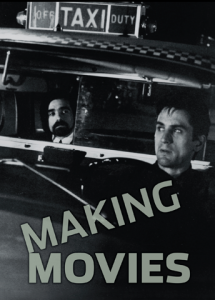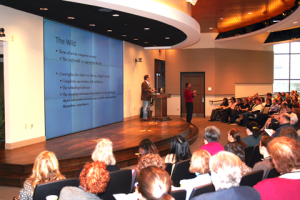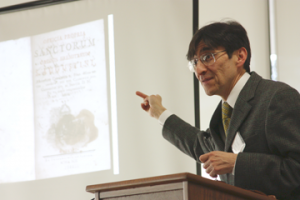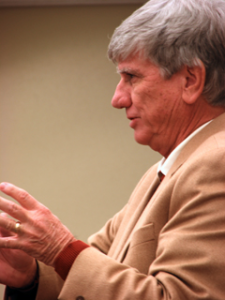 There’s always something going on around the UT campus, but there are certain organizations to whose calendar I tend to pay particular heed.
There’s always something going on around the UT campus, but there are certain organizations to whose calendar I tend to pay particular heed.
Our friends at the Harry Ransom Center are opening their newest exhibition today, and it promises to get a rave from the critics.
“Making Movies” will draw on the significant film holdings of the Ransom Center to examine the creative process in filmmaking. Continue reading Ransom Center opens “Making Movies”

 The sold-out 2010
The sold-out 2010  There are no more excuses to be made for not getting knee-deep into the Libraries’ music collections.
There are no more excuses to be made for not getting knee-deep into the Libraries’ music collections.
 WASHINGTON – The Congressional Black Caucus Foundation, Inc. (CBCF) Board of Directors has elected Rep. Donald M. Payne of New Jersey as board chairman. Rep. Payne succeeds former chair Rep. Kendrick B. Meek who resigned from the Board to focus attention on his campaign for U.S. Senator.
WASHINGTON – The Congressional Black Caucus Foundation, Inc. (CBCF) Board of Directors has elected Rep. Donald M. Payne of New Jersey as board chairman. Rep. Payne succeeds former chair Rep. Kendrick B. Meek who resigned from the Board to focus attention on his campaign for U.S. Senator. 